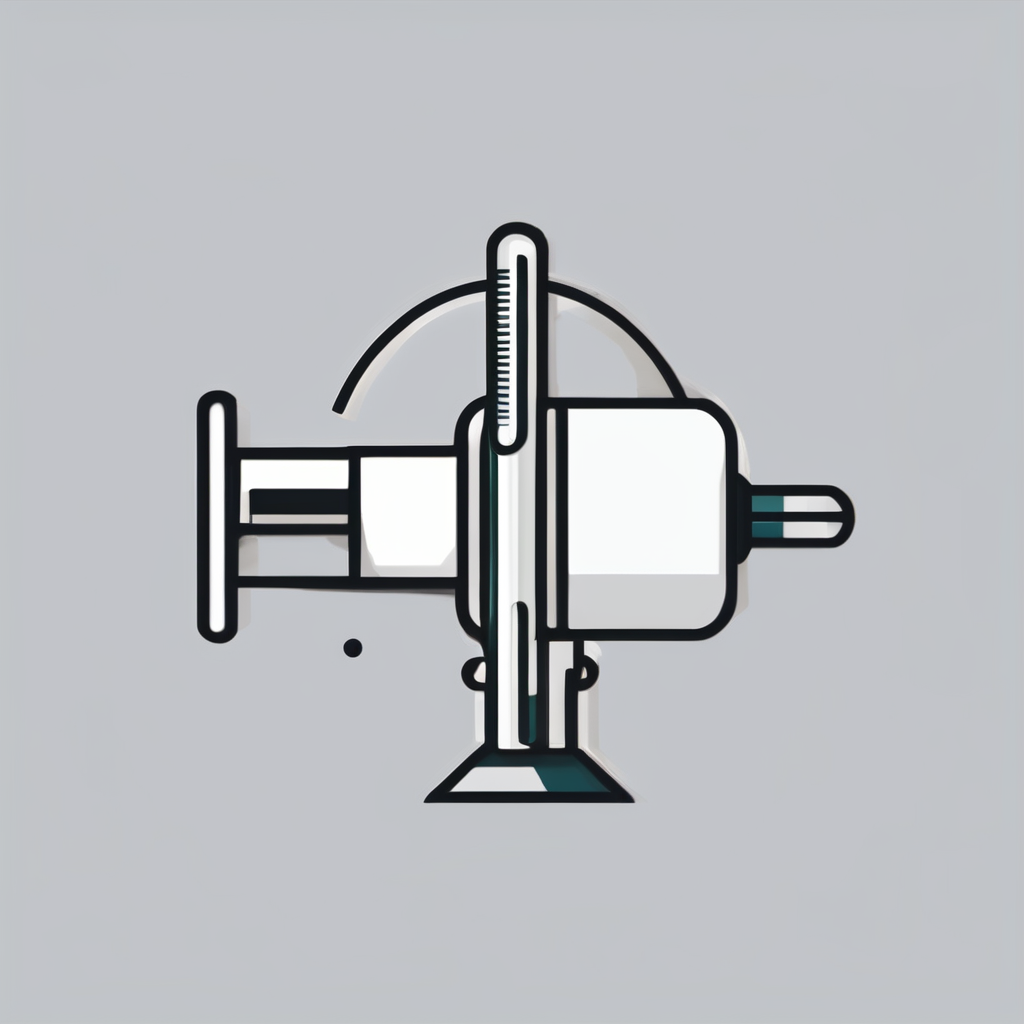Importance of Nutrition for Seniors with Hypothyroidism
Understanding nutrition for hypothyroidism is crucial for maintaining elderly health and effective thyroid management. Nutrition plays a vital role in supporting thyroid function, particularly for seniors dealing with hypothyroidism. As we age, our bodies undergo various changes, and managing conditions like hypothyroidism necessitates a keen focus on dietary habits.
Hypothyroidism can significantly affect a senior’s health, leading to symptoms such as fatigue, weight gain, and cognitive issues. Ensuring an appropriate intake of critical nutrients helps manage these symptoms and aids in overall well-being. Key nutrients like iodine, selenium, and zinc are essential for optimal thyroid health, each contributing uniquely to thyroid function.
Also to see : Transformative nighttime routines for seniors facing chronic insomnia: your essential guide to restful sleep
Iodine is fundamental in producing thyroid hormones, and its deficiency can exacerbate hypothyroid conditions. Foods such as seaweed and dairy are excellent iodine sources. Selenium acts as an antioxidant, protecting the thyroid gland from oxidative damage, with sources including nuts and seeds. Meanwhile, zinc supports thyroid hormone production and regulation, available in foods like legumes and meat.
A tailored approach to nutrition can help seniors manage hypothyroidism effectively, improving quality of life and promoting better health outcomes.
Also to discover : Unlocking wellness: explore the best stress-relief techniques for seniors 90+ years young
Essential Nutrients for Hypothyroidism
Understanding the essential nutrients for managing hypothyroidism can significantly impact thyroid health and overall well-being. Iodine, selenium, and zinc are pivotal in regulating thyroid hormones, making them crucial for seniors dealing with this condition.
Iodine and Thyroid Hormones
Iodine is a fundamental component in the production of thyroid hormones. For seniors, incorporating iodine-rich foods like seaweed and dairy into their diet can support thyroid function. The recommended daily intake of iodine varies, but seniors are generally advised to consume about 150 micrograms per day to maintain thyroid health.
Selenium’s Role in Thyroid Health
Selenium supports the production of thyroid hormones and offers antioxidant protection. Seniors can benefit from foods such as nuts and seeds, which are excellent sources of selenium. When considering selenium supplements, however, it’s important to consult a healthcare provider due to potential interactions with medications.
Zinc and Thyroid Regulation
Zinc is essential for thyroid hormone production and regulation. Consuming zinc-rich foods such as legumes and meat can help maintain proper hormone levels. Zinc deficiency may result in impaired thyroid function, highlighting the importance of ensuring adequate zinc intake in seniors’ diets.
Foods to Consume and Avoid
Creating a diet that centers around thyroid-friendly foods while being mindful of dietary restrictions can significantly aid seniors in managing hypothyroidism. Let’s look at the beneficial foods and those to be cautious about.
Beneficial Foods for Seniors
Incorporating foods that support thyroid function is paramount. Think iodine-rich foods such as seaweed, the nuts and seeds high in selenium, and zinc-abundant legumes and meats mentioned earlier. Meal ideas can include a breakfast smoothie with spirulina and nuts, a legume salad for lunch, and a zinc-rich turkey dish for dinner. Nutritional strategies to maximize benefits involve balancing these nutrient-dense foods with a variety of fresh produce to ensure comprehensive dietary support.
Foods to Limit or Avoid
Certain foods, commonly known as goitrogens, can interfere with thyroid function. Cruciferous vegetables like broccoli may inhibit iodine absorption if consumed in excess. Soy and some processed foods might also be misfits in a hypothyroidism diet. It’s wise to consume these sparingly, or better yet, opt for alternatives like lettuce or peas. Understanding dietary restrictions ensures that these foods don’t counteract thyroid management efforts.
Sample Meal Plans and Dietary Strategies
Adopting effective meal planning tailored for hypothyroidism can significantly aid seniors in managing their condition. Thoughtfully constructed dietary approaches can support thyroid function and enhance overall well-being.
One-Day Sample Meal Plan
Creating balanced meals that cater to hypothyroidism involves including nutrient-rich foods that support thyroid health. For breakfast, consider a spinach and cheese omelette paired with a side of mixed berries—both low in goitrogens. A leisurely lunch could involve a salmon salad incorporating kale, which provides beneficial omega-3 fats without compromising iodine absorption. For dinner, a turkey stir-fry with vibrant vegetables delivers necessary nutritional support. Between meals, snack on Brazil nuts or pumpkin seeds, as these offer selenium and zinc—crucial for thyroid hormone production.
Weekly Meal Planning
Planning a week’s worth of meals that are thyroid-friendly requires flexibility and awareness of dietary needs. Integrate diverse proteins like chicken or lentils alongside colourful vegetables to ensure sustained nutrient intake. Embrace variety while adhering to thyroid health guidelines to prevent monotony and maintain dietary approaches. Adjust meals based on personal preferences, considering portion sizes and nutrient density, to optimize thyroid function effectively.
The Role of Supplements
Aging patients with hypothyroidism often turn to thyroid supplements as a form of nutritional support. However, not all seniors require them. When should a senior consider supplements? Indicators such as persistent fatigue or slowed recovery despite a balanced diet might suggest the need for supplementation. Consulting a healthcare provider is recommended to evaluate nutritional deficits.
Several types of supplements are typically recommended for aging patients. These include iodine supplements for those deficient in this mineral, selenium for its antioxidant properties, and zinc for hormone regulation. Despite their potential benefits, supplements should not substitute for a balanced diet but rather complement dietary efforts in managing hypothyroidism.
When using supplements, several considerations must be made. Potential interactions with existing medications warrant careful monitoring; therefore, discussing supplement use with healthcare providers is crucial. This ensures that the chosen supplements do not disrupt medication efficacy or lead to adverse effects.
Additionally, selecting quality supplements is essential. Opt for those tested by third-party organisations to ensure purity and dosage accuracy. By monitoring overall health and being attentive to changes, seniors can effectively integrate supplements into their thyroid management routine.
Expert Opinions and Research Findings
The relevance of nutrition for hypothyroidism has been extensively studied, underscoring its critical role in thyroid management. Recent research highlights the importance of optimal thyroid health through diet. Experts assert that incorporating essential nutrients can have a significant impact on managing hypothyroidism, especially in seniors.
Prominent studies indicate that maintaining adequate levels of iodine, selenium, and zinc is crucial. Iodine is fundamental in synthesizing thyroid hormones, while selenium protects against glandular damage and assists hormone conversion. Zinc plays a pivotal role in hormone production. Dieticians specializing in thyroid health advise tailoring diets to include these nutrients to support overall well-being.
Ongoing studies explore the potential of personalized nutrition plans. These evolving guidelines emphasize the need for comprehensive dietary approaches focusing on nutrient density. Clinical recommendations increasingly advocate reviewing dietary practices to align with nutritional science findings.
The research community continues to investigate alternative dietary solutions for seniors experiencing hypothyroidism. Advancements in this field may revolutionize how elderly health is managed, integrating the latest insights into practice driven by scientific evidence. For seniors, staying informed about the latest nutritional science can support effective thyroid management.
Testimonials from Seniors
Hearing directly from seniors offers invaluable insights into managing hypothyroidism through diet. Personal stories highlight the profound impact dietary changes can have. Often, seniors attribute improved energy and reduced symptoms to targeted nutritional adjustments.
Take, for example, Barbara, a 72-year-old who replaced some processed foods with selenium-rich nuts and zinc-abundant legumes. She noticed sustained energy levels throughout the day. Her anecdotal evidence underscores the potential benefits of incorporating essential nutrients into daily meals.
Community support plays a crucial role in navigating hypothyroidism. Support groups often share practical experiences and success stories, fostering an environment of encouragement. For instance, Tom, another senior, joined a local group where members exchange thyroid-friendly recipes. This collaborative approach not only broadens dietary options but also instills confidence in managing one’s condition.
Such senior experiences highlight the positive effects of strategic dietary improvements. By focusing on these personal accounts and the importance of community, those managing hypothyroidism gain both knowledge and motivation. Information sharing among peers delivers a sense of empowerment, underscoring the importance of adopting and maintaining a nutrient-conscious lifestyle.

